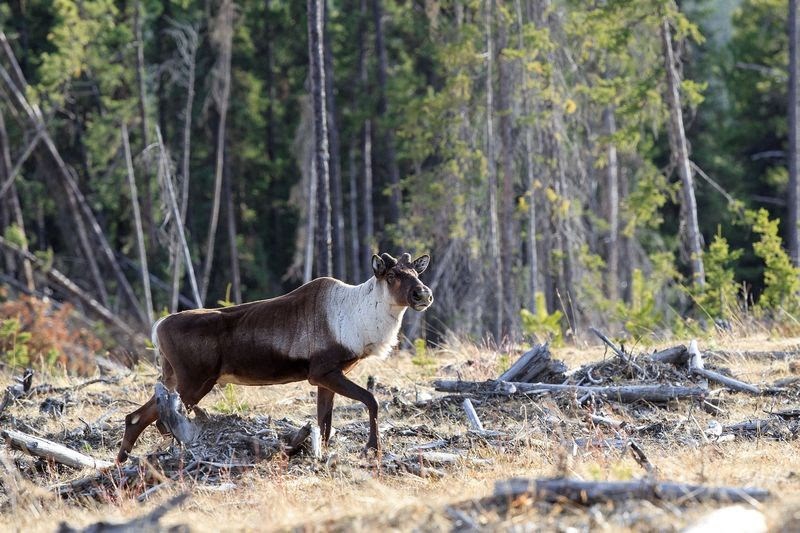Irony is one of Alberta’s most sustainable products. A current example is provided by the Weyerhaeuser Company, an American timber giant, with significant questions about environmental conservation and trade fairness. This company, alongside other American timber enterprises, has fervently lobbied the United States Government to impose tariffs on softwood lumber imported from Canada (Agri Investor Report 2017). Their argument hinges on the claim that Canadian timber companies enjoy an unfair advantage due to considerable subsidies; they say that timber in Canada is not charged at market value, which allegedly skews competition. The tariff rate charged against Canadian softwood lumber is set to more than double from 14.54% to 34.54% (CBC 51°µÍø April 5, 2025).
The draft Upper Smoky Sub-Regional Plan (which covers the area between Grande Prairie and Grande Cache, west to the B.C. border) was released by the provincial government on March 25. The draft plan proposes to intensify timber harvest in the winter range of two threatened caribou populations. Wearing its faux-Canadian hat, Weyerhaeuser Company, the Forest Management Agreement Holder, is now proposing to clear-cut log the remaining core forested winter range of the Redrock-Prairie Creek and Narraway southern mountain caribou populations—two out of three southern mountain caribou populations inhabiting provincial lands in Alberta. This proposal endangers the future of these already threatened caribou, which rely on these forests for their survival during winter.
The first question that arises is: why should Albertans allow the future of these caribou populations to be jeopardized for the sake of supporting an American company? This same company has argued that Canadian softwood lumber is unfairly subsidized, yet it sees no issue with exploiting provincial lands in Alberta to harvest timber at what they claim, in other forums, are fire-sale prices.
The situation calls into question whether the forest industry in Alberta is indeed selling off forests at undervalued prices, thereby jeopardizing threatened species, like the threatened Redrock-Prairie Creek and Narraway caribou, or whether the head office of Weyerhaeuser sees this as a strategic opportunity to weaken competition. The inconsistency in their stance is glaring—advocating for tariffs due to supposed unfair advantages while seeking to exploit those very advantages for their benefit.
Society functions on the premise that not all forms of employment are morally or ethically permissible, even if they provide economic benefits or create jobs. While industries such as logging are vital for livelihoods and economic growth, they must operate within ethical and sustainable boundaries to ensure they do not lead to irreversible harm, such as the loss of southern mountain caribou populations. The forest industry, for instance, must balance the economic need for timber production with the ecological imperative of preserving habitats. It is not about ceasing logging altogether but rather about ensuring that such jobs are carried out sustainably, safeguarding biodiversity, and enabling future generations to thrive in a balanced environment.
The dilemma posed by Weyerhaeuser’s logging proposal underscores a deeper issue within the trade and environmental policies. The need for transparent, fair, and ecologically responsible practices is paramount.
The irony here is palpable and inescapable. Weyerhaeuser’s actions exemplify the contradiction between their public stance on trade and their operational decisions in Alberta. Provincial and Canadian authorities and conservationists must scrutinize such proposals and prioritize the preservation of endangered species and sustainable practices over short-term economic gains driven by corporate interests.
The draft Upper Smoky Sub-Regional Plan fails to accomplish this. Instead, it is an edict to maintain and increase unsustainable logging practices, advantaging Weyerhaeuser at the expense of Alberta’s wildlife. Albertans must decide whether supporting an American company’s profit margins is worth the irreversible cost to our natural heritage and the extirpation of southern mountain caribou populations.
Kirby Smith is a retired Government of Alberta wildlife biologist.




